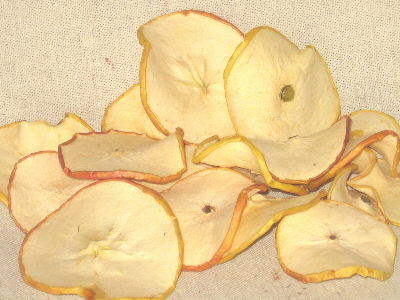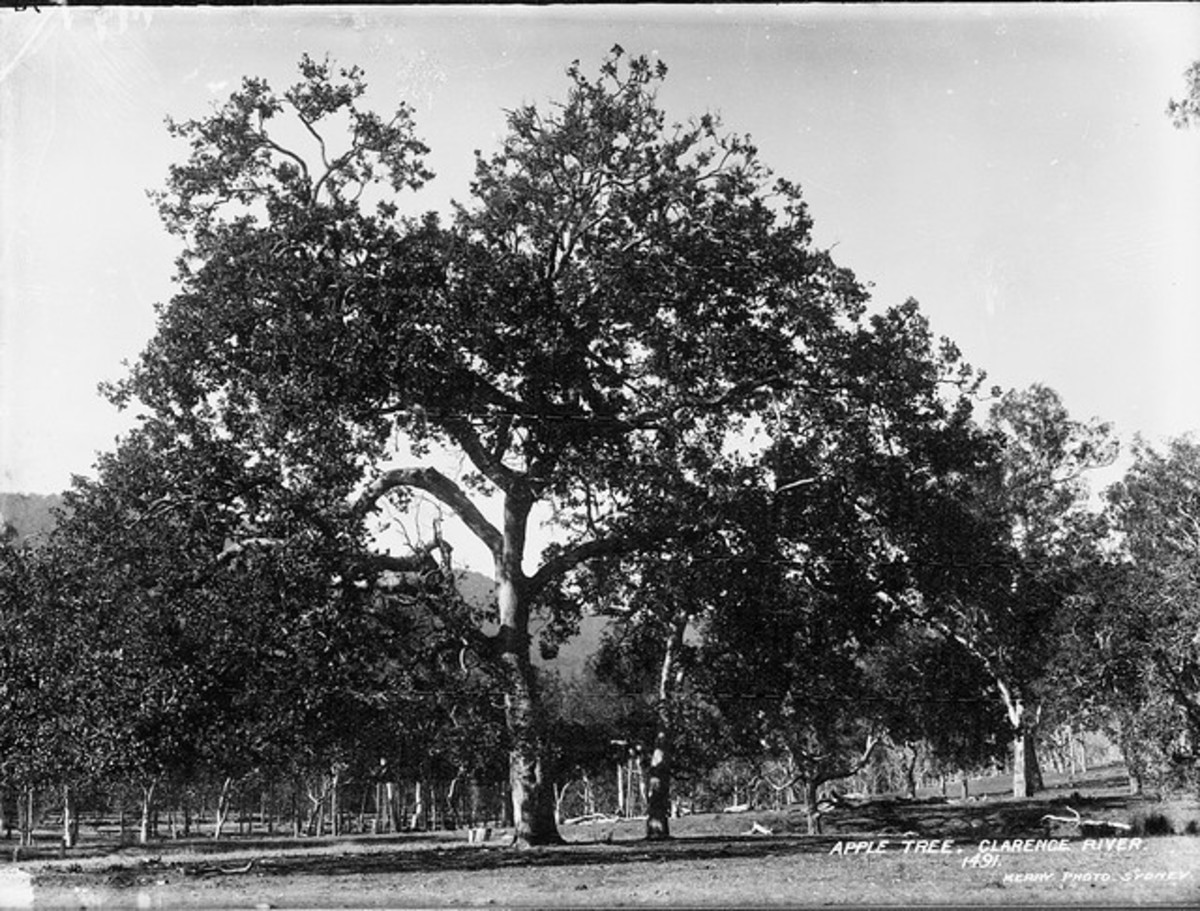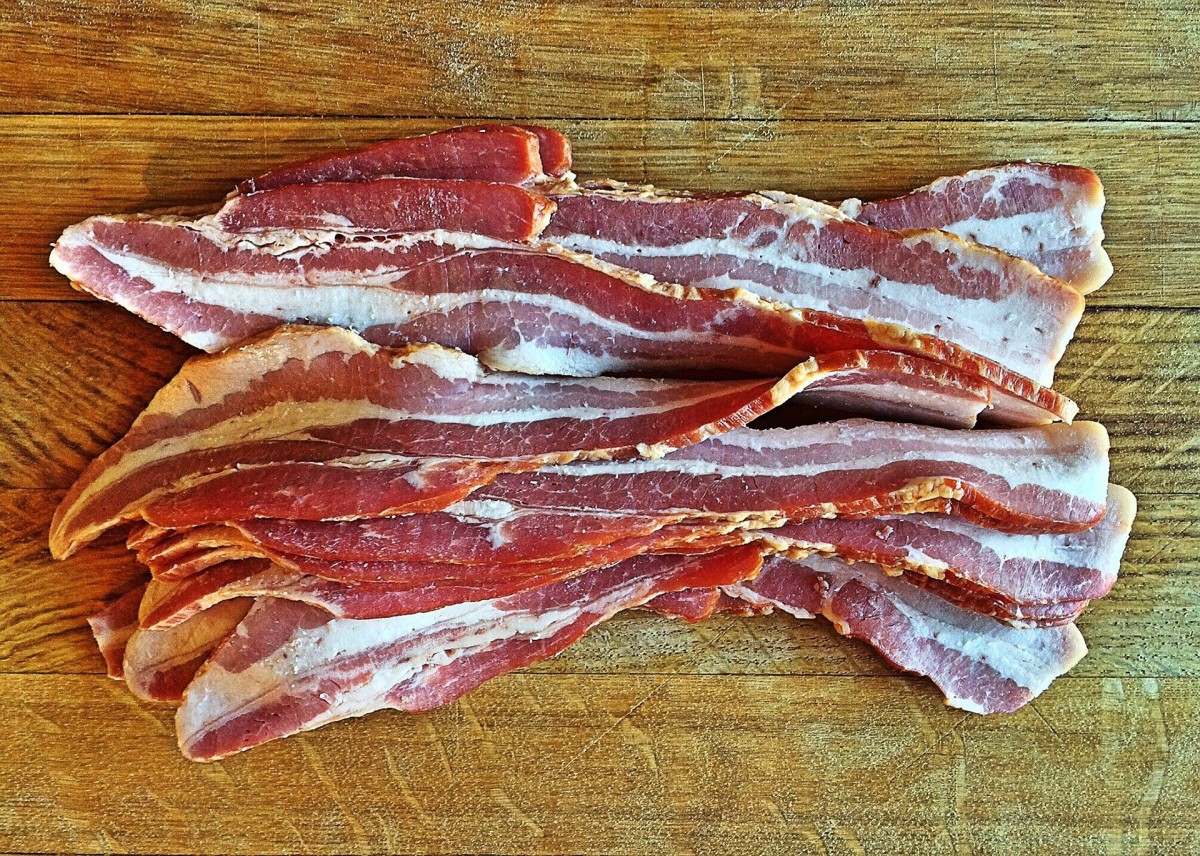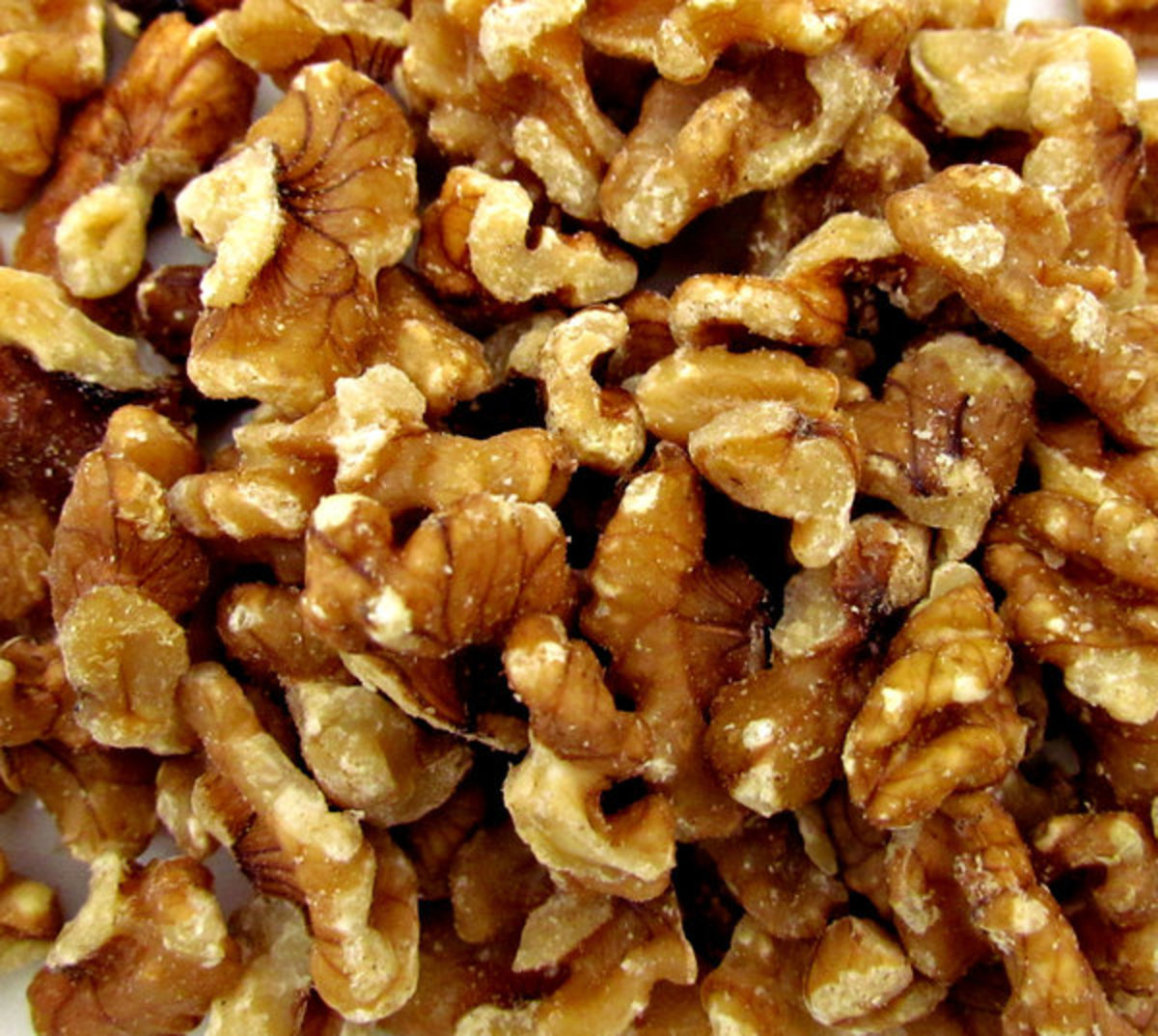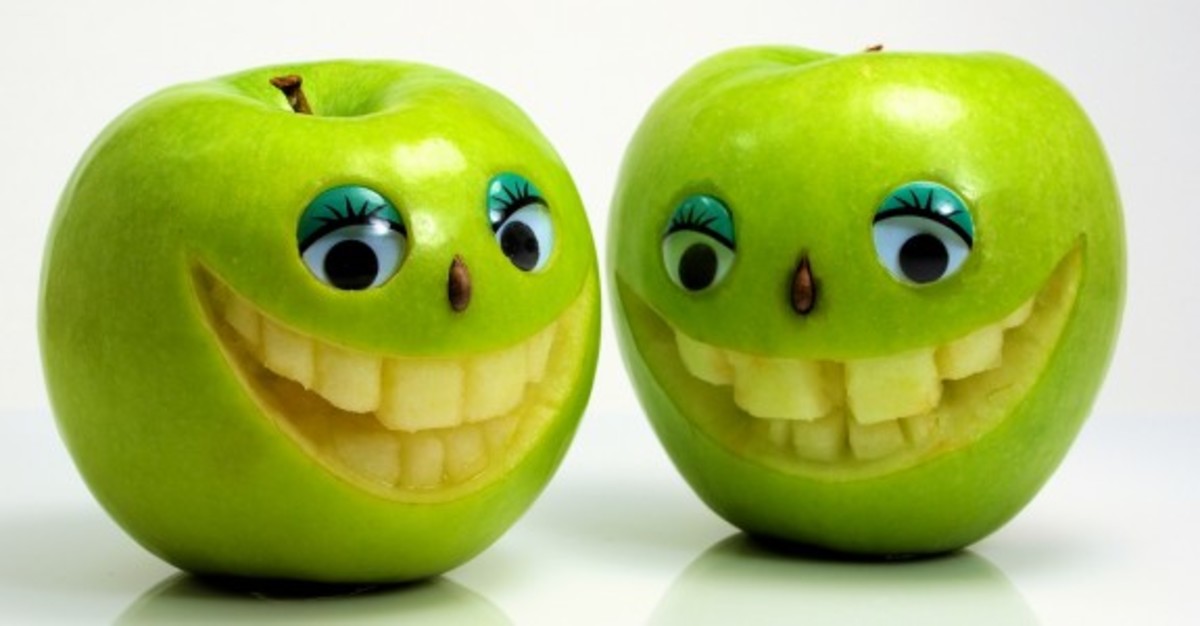Apples-A Healthy New Look At An Old Favorite
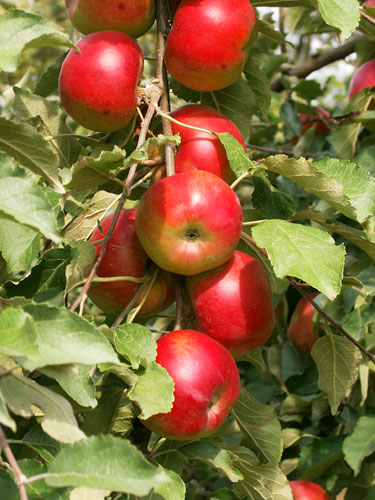
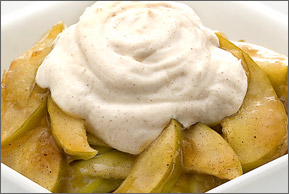
We have the tendency to overlook the apple. It seems as though all the other fruits are getting the press. Pomegranates, blueberries, and melons are all wonderful and super nutritious. But the humble apple has been getting sort of lost in their hype.
Yet for years, better than 20, scientists have been studying the apple, and the results may surprise you. The apple may be far more exciting than you ever thought.
We have always known that apples contained soluble and insoluble fiber. We always knew that it was good for us. Insoluble fiber works by grabbing on to the bad LDL cholesterol and whisking it right on out of the body. Soluble fiber works by reducing the amount of LDL produced in the liver.
By adding just one large apple a day to your diet, studies have shown that you can decrease your serum cholesterol by a whopping 8-11%. Add two large apples and up that to as much as a 16% drop!
According to a study published in the Archives of Internal Medicine foods like apples can aid in the prevention of coronary disease. 10,000 Americans participated in a study that lasted for 19 years. Participants ate varying amounts of fiber. Those eating the most fiber (21 gr. Per day) had 12% less CAD and 11% less CVD in comparison to those eating the least fiber (5 gr. Per day).
In the same study the people eating the most water soluble fiber had even more stunning results ---15 percent less risk in CAD / 10 percent less risk in CVD.
CVD=Coronary Vascular Disease
CAD=Coronary Artery Disease
The soluble fiber-pectin in the apple not only does the "snatch and grab" on the LDL, but also on toxins and heavy metals. Substances we NEED to get out of our body. The damage that these can do is terrible....starting with cancer, but not ending there...we need them gone. Thank you pectin. Pectin is concentrated in the peel, so whenever possible leave the peel on, and buy organic whenever you can.
Now comes the fun part. We are always hearing about the fantastic properties of blueberries and pomegranates, melons and green tea. Well, you can get just as excited about the apple. The apple is full of flavonoids, polyphenols, quercetin, phytonutrients, and even one flavonoid that is found ONLY in the apple! All this at such a reasonable price!
Do I have you a bit more excited about APPLES yet? I hope so.
A study involving 5,000 men and women over 20 years found that those that ate the most apples (ok--- and onions and some tea too) had a 20 percent lower risk of CAD than those who ate a diet with the least of these.
There is a flavonoid called phloridzin--that early research is suggesting may help protect against bone loss in women going through menopause. One of the effects of hormone transitions in menopause, is an increase in inflammation and free radical production---both of them bad, and one of the causes of bone loss.
French researchers forced rats into a menopausal state, half were given a diet supplemented with phloridzin, half a normal diet. Just to make it more interesting, 10 of the animals were put into an inflammatory state. Results were as follows.... Animals on the non supplemented normal diet lost bone. Animals in the inflammatory state lost more bone. Animals on the phloridzin supplemented diet lost NO bone--they even gained some bone density. This was so even with the animals in the inflammatory state (though to a lesser extent) I would say this is pretty exciting...I hope that they are starting this with some human trials.
Apples are high in a flavonoid called quercetin. Quercetin is an antioxidant that seems to work best with vitamin C (which of course is in apples also). It gives immune boosting and cancer fighting properties, not to mention the prevention of free radical damage (free radical damage is responsible for aging us,damaging DNA-leading to cancer, damage to LDL cholesterol that can contribute to heart disease, etc).
Apples have been shown to prevent breast cancer in test animals in a study published by the "Journal of Agricultural and Food Chemistry". The protection levels went up accordingly when the consumption levels went up. So, if we can assume that the study will translate to humans, the more apples we eat, the more protection from cancer we will receive.
When choosing apples, look for a firm apple with bright coloring. Avoid an apple with bruising.
When choosing an apple juice, you will get far more nutrients in a cloudy apple juice than a clear juice.
And remember, dollar for dollar, apples deliver a lot of nutrition for your money. They are really quite a bargain. So go ahead...get excited about the apple!
